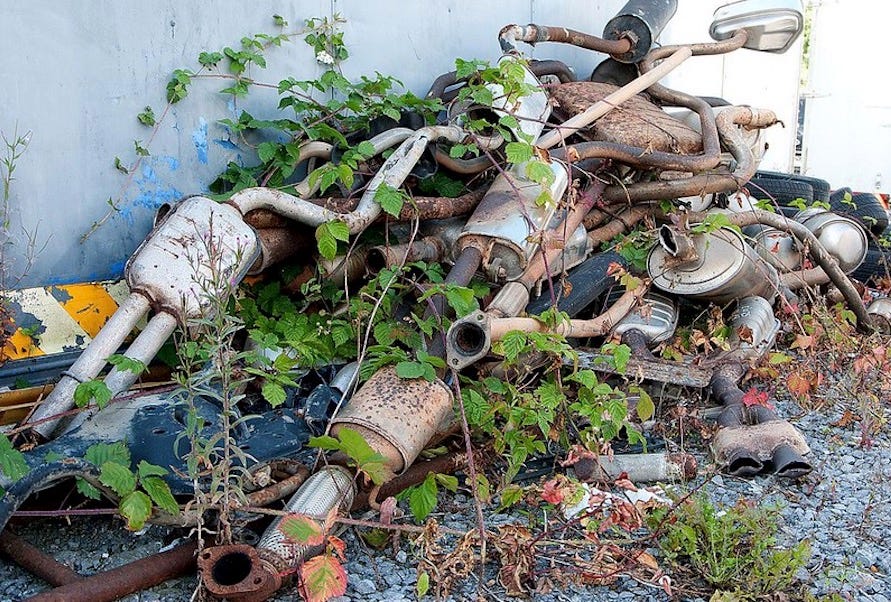News briefs: A zero-carbon future
Plus, outlook for renewable hydrogen, and the cost of climate-linked disasters

Getting around in a zero-carbon world
In a new post to his GatesNotes blog, Bill Gates asks, “How do we move around in a zero-carbon world?” Decarbonizing how we move around is essential if we’re going to get to zero net emissions, he writes. “Our goal here isn’t necessarily to make people move around less (although we should look for ways to cut back on driving, flying, and shipping where possible). As we’ve seen over the last several months, economies suffer when people are forced to stay close to home.” Part of the answer, Gates writes, is to “use clean electricity to run all the vehicles we can, and get cheap alternative fuels for everything else.” Read more of what the Microsoft founder has to say about batteries and alternatives to fossil fuels.
Utility executives plot renewable hydrogen's future
An unusual amount of commentary on renewable hydrogen during second-quarter earnings calls offered a view into the nascent U.S. power-to-gas ecosystem, with at least two U.S. utilities staking out leadership positions in the emerging decarbonization strategy, Tom DiChristopher writes for S&P Global Market Intelligence. While executives generally agree it will take roughly a decade to scale up the technology, production marks the first step towards ultimately displacing downstream natural gas use, including at local distribution companies, or LDCs, he says.
Wildfire, hurricanes, floods, droughts quadruple in cost
A new report looks at the price of climate-linked natural disasters and how global warming is making them worse. The cost of this year's California fires can't even be guessed at, Bob Berwyn writes for Inside Climate News. Fire season is just beginning. And global warming is going to make it worse, according to a new analysis commissioned by the nonprofit advocacy organization Environmental Defense Fund that looks at the cost of climate-linked natural disasters. The report details how the financial impacts of fires, tropical storms, floods, droughts and crop freezes have quadrupled since 1980.
Environmental groups sue to block Alaska’s Arctic drilling
Two separate lawsuits were filed late Monday challenging the Bureau of Land Management’s plan to allow drilling on more than 18 million acres of land in the National Petroleum Reserve-Alaska, according to a report from The Associated Press. The legal actions contend the administration is rolling back protections for the ecosystem. The lawsuits came the same day environmental groups filed legal challenges to the Department of the Interior’s opening of the coastal plain of the Arctic National Wildlife Refuge to oil and gas lease sales.


